The views expressed in our content reflect individual perspectives and do not represent the authoritative views of the Baha'i Faith.
I watched a hilarious sitcom the other day called 30 Rock, about an extremely attractive man who constantly received special privileges due to his looks.
At restaurants, someone would always pick up the check for him. He was welcomed into exclusive events without tickets, his ridiculous ideas were always met with praise, and no matter what he did, he never got anything but accolades. When his female friend tried to tell him about all of his unearned privileges, he didn’t believe it. She called his sense of unreality and privilege the “bubble.” At the end of the episode, he finally did open his eyes and recognize that he lived in a bubble—but he definitely didn’t want to give up his privilege and live in the “real” world.
I saw the show as a metaphor about the many wonderful people, who happen to be white, and who don’t realize that they too live in a type of symbolic bubble of racial privilege. Believing in equality, they think society has leveled the racial playing field, but I don’t think that’s true.
Instead I see many disparities, especially as they affect black people. I say that as a white woman who has started to explore and understand the cultural privileges of my own skin color.
Yes, it is theoretically possible to reach the same attainments from wherever you started in life, no matter your race. However, if you were raised in a prosperous community, it’s going to be a whole lot easier to reach these goals than if you were raised in a disadvantaged neighborhood. Equal is not necessarily the same.
We all know that racial and economic privilege has its perks—better opportunities, better nutrition, better neighborhoods, better community facilities and amenities. Access to quality education tops the list, and because that quality education isn’t available to everyone, it keeps the less fortunate out of the loop of higher paying jobs, funding for homes and the chance to advance in life. Beyond all that, white people will never be subjected to racism due to the color of their skin.
Much more than just a word, racism affects how one is treated every day. Whites in the bubble can never know how debilitating it is to be looked down on, maligned and in the worst cases, persecuted, all over skin color.
The Baha’i teachings ask white people to recognize that privilege and “make a supreme effort” to get past it:
Let the white make a supreme effort in their resolve to contribute their share to the solution of this problem, to abandon once for all their usually inherent and at times subconscious sense of superiority, to correct their tendency towards revealing a patronizing attitude towards the members of the other race, to persuade them through their intimate, spontaneous and informal association with them of the genuineness of their friendship and the sincerity of their intentions. – Shoghi Effendi, The Advent of Divine Justice, p. 40.
So how do we burst that white privilege bubble? Acknowledging that it exists is a start. We can realize that the bubble exerts tremendous influence over people’s lives. We can work toward educating those around us, so that the collective consciousness is raised. If you encounter those who peacefully speak out about white privilege, don’t take it as a personal attack.
Here are a few innovative ways the issue is being addressed:
- At Appalachian State University a campus bulletin board recently featured fliers from the “Check Your Privilege” campaign started by professors at the University of San Francisco. It listed many of the privileges enjoyed by white men, the upper economic classes and others. As might be expected, a backlash occurred from whites that didn’t want to acknowledge that any privilege existed. Admittedly, many do not want to think that they are not open-minded in their thinking—but no matter how uncomfortable it makes us, white privilege, to one degree or another, is a fact.
- My daughter, a teacher, volunteers her time to teach Baha’i Sunday school. In a recent class she spoke to the children about equality and fairness, taught them an important Baha’i quote about justice, and showed them this graphic to facilitate awareness:
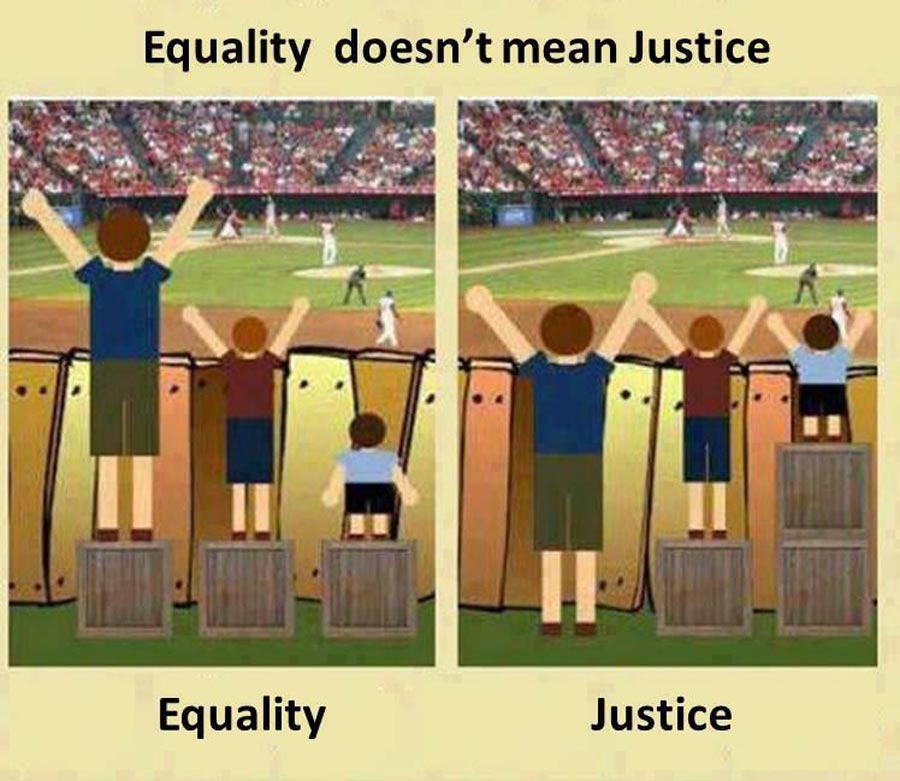
- A group of Baha’is in St. Louis, Missouri have started a project called Dysfunctionalware. Their mission: “Collaborative, knowledge pooling, participatory art experience on racial privilege and day-to-day white supremacy.” Per their Facebook site: “Dysfunctionalware is a series of dinners featuring a set of china dishware designed to spark uncomfortable conversations about white supremacy and privilege. Each dish is illustrated by local artists with images of personal experiences with systemic racism and racial privilege.
These dinners are intended for people who identify or sometimes experience passing as white, as a place to explore what “whiteness” may encompass, allow, and provide. The art probes the subtle cultural messaging that white culture is superior to others, and examines how that perception can be damaging to all of us. Guests sit and eat a meal, bite by bite uncovering the artists’ images as facilitators guide the table through discussion.
They go on to say, “The title ‘Dysfunctionalware’, a ceramics reference, invokes the dominant white culture’s discomfort with and avoidance of talking about race, thereby further propagating injustice regardless of intent.”
Other such awareness groups are springing up around the country to help facilitate this important discussion. As uncomfortable as these discussions may be for some whites, they are not meant to offend or point fingers at anyone in particular, but to shine the light on a most pressing social issue.
Finally, we must realize that the bubble is, in actuality, detrimental to everyone. Until it is burst we will not have as productive and enlightened a society as we might have. Ignorance, poverty, and injustice hurts us all. Unless the white man steps out of his bubble of privilege, he will never know what it means to live outside in the real world. When the day comes that he does, we can begin to build a more prosperous world together, a world of unity, equity and justice for everyone.
You May Also Like
Comments



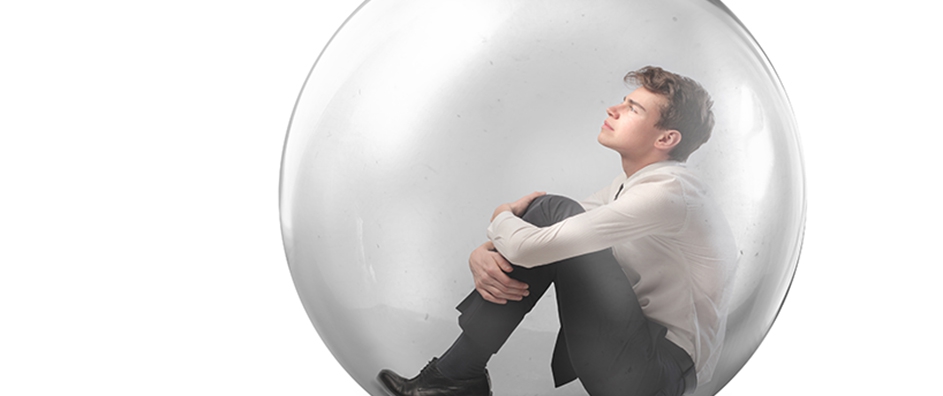

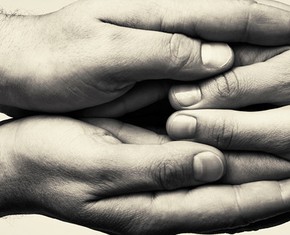
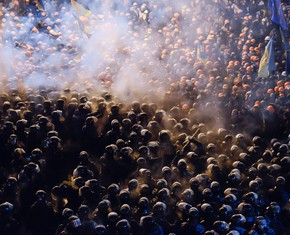
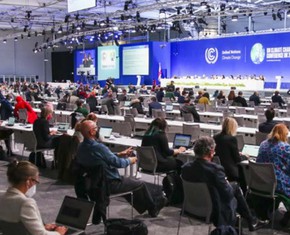









I feel for you. The heart of the issue is really class. You are correct in your observation about CLASS privilege. MIddle and upper middle-class black kids may experience racism, but not to the same degree that those of lesser means would. It's about time we looked deeply at class issues in this society. Even a serious discussion about race is impossible without acknowledging its dependence on a class structure that keeps dark skinned people at the bottom of the social hierarchy. What, you ask, about working class white folks? Well, honestly, they drank the cool-aid when ...they bought the lie perpetuated by wealthy whites that they "had something coming." There's your resentment. Educate yourself. You, too, are a victim.
observation, Mr. Cooper!
However, only humans
can type as well as you do........that is supposed to
be a compliment.
to simplify anything too
much, then we can overlook a lot. What you
mentioned is a good example. I loved Ms. Roman's article and I believe it's totally right
as far as it went. It didn't
cover economic prejudice
or reverse racism, though,
and they're real. There are
other kinds of usually overlooked prejudice, too:
I feel bad for ridiculed obese people, but I can
guarantee you underweight
folks like me had it at least
as bad, and ...we didn't even
have "group identity" because there weren't as
many of us!